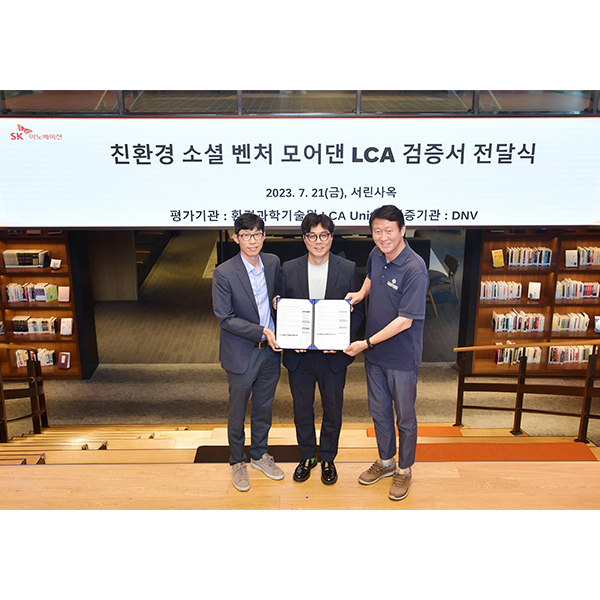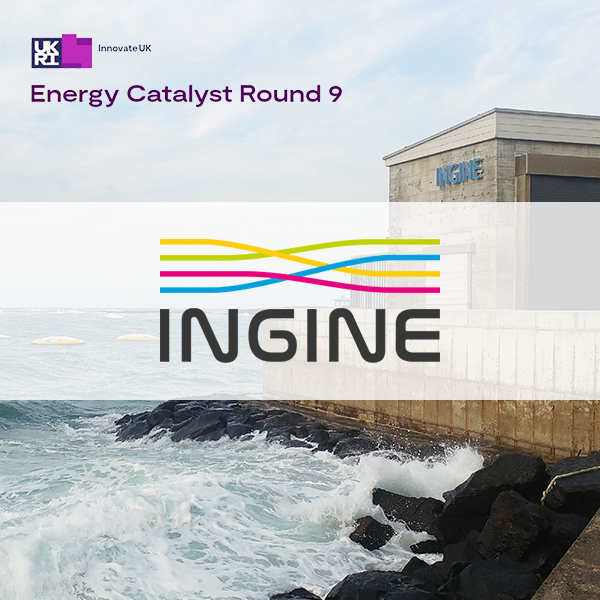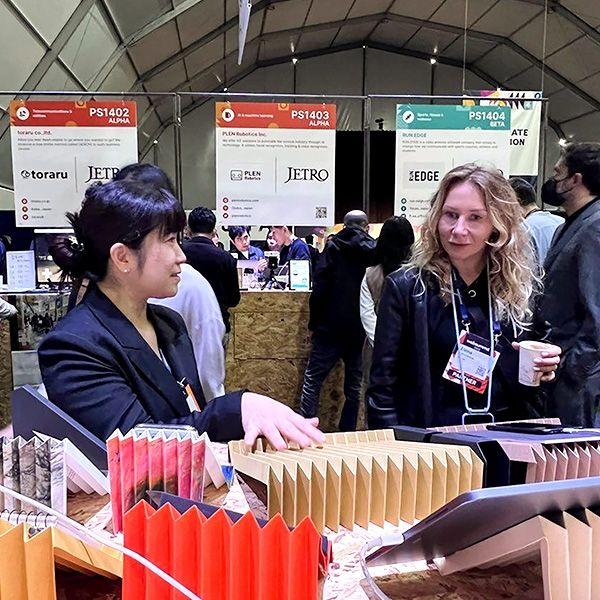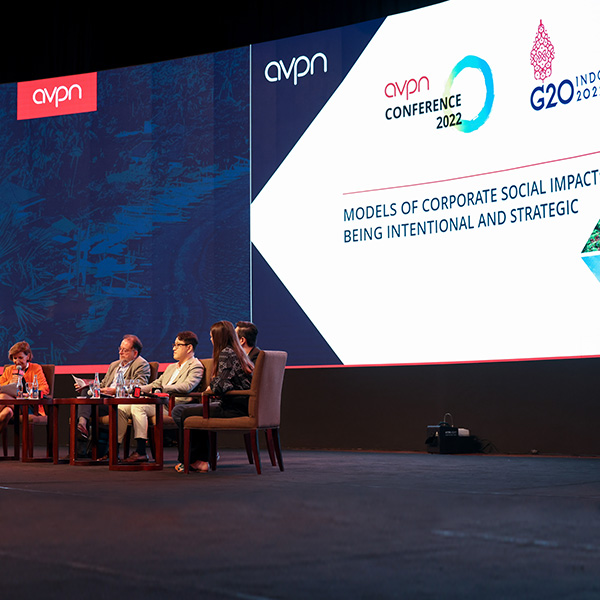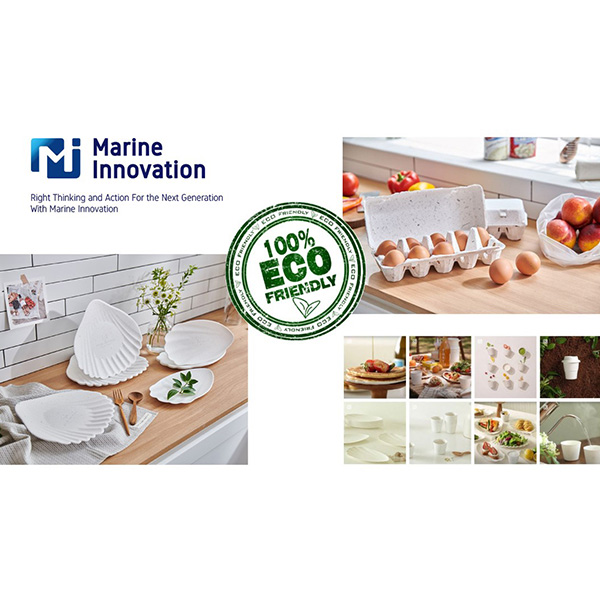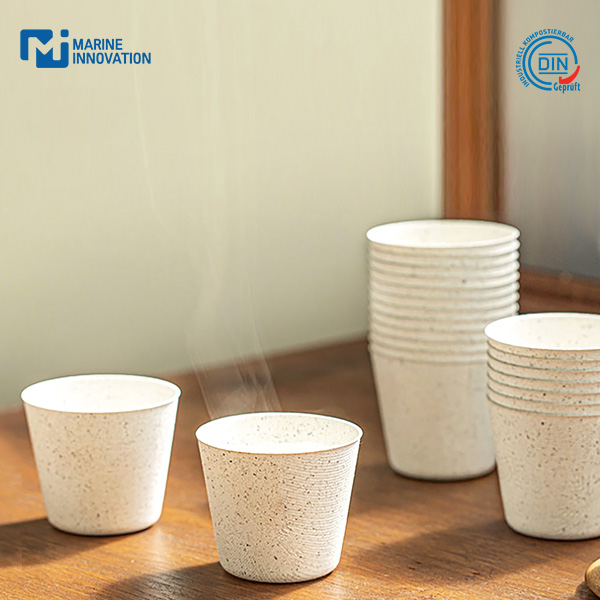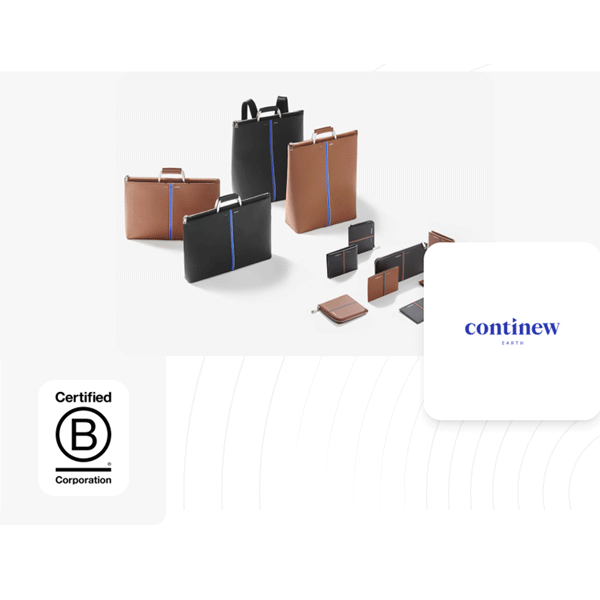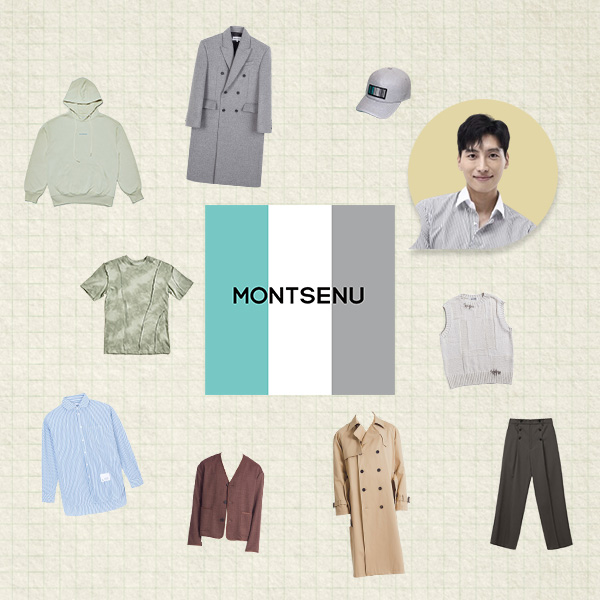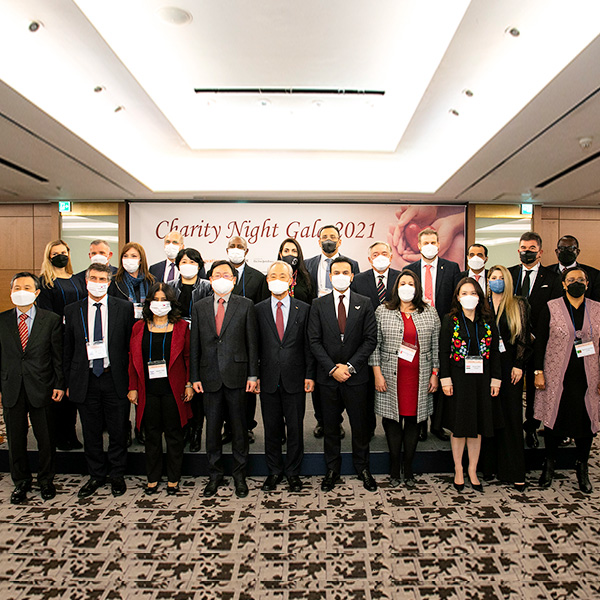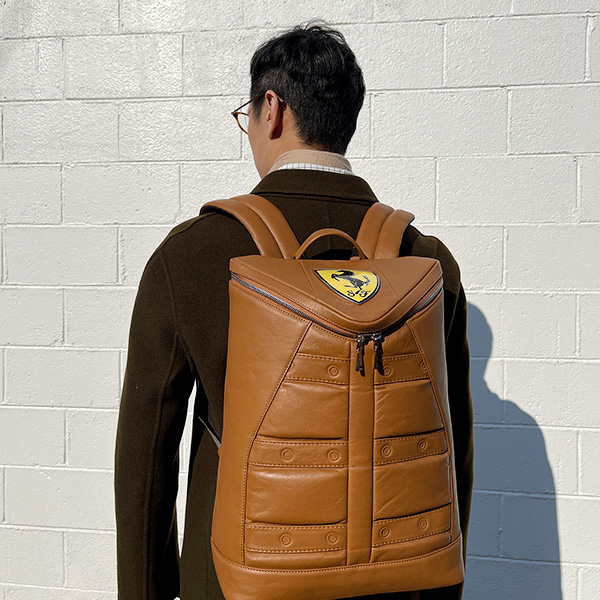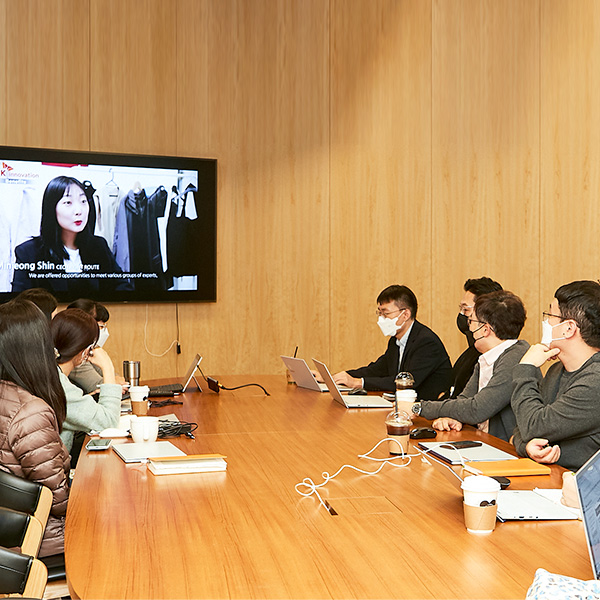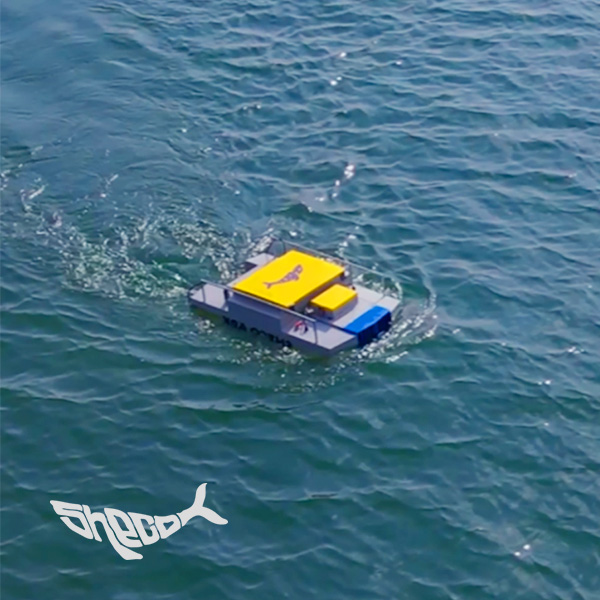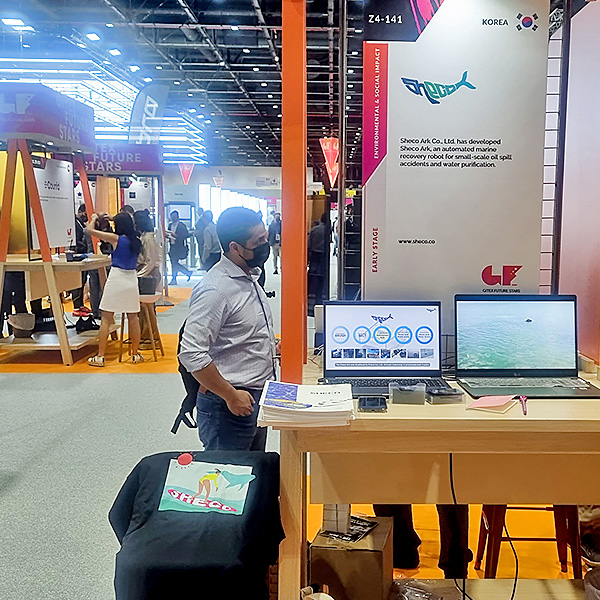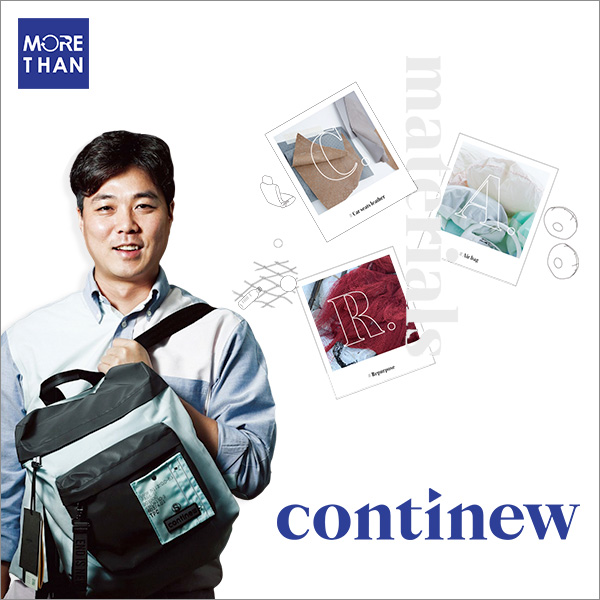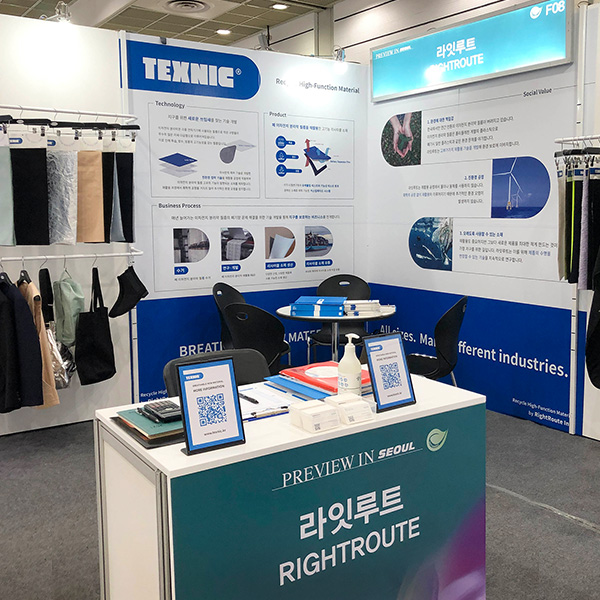 Social Enterprise
Social Enterprise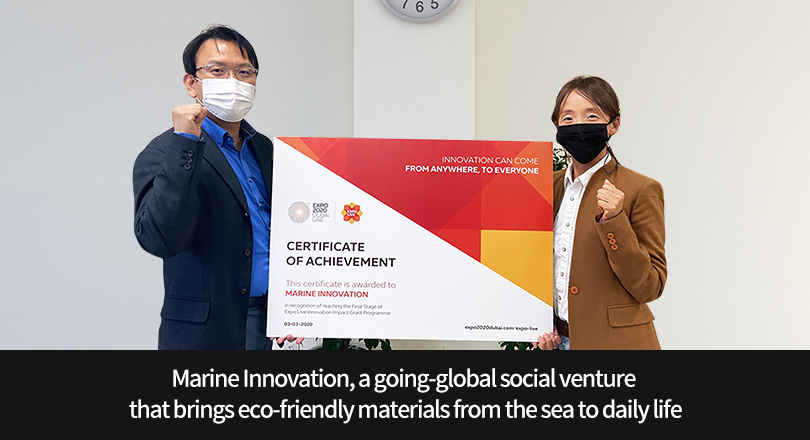
An interview with Cha Wan-young, CEO of Marine Innovation, a social venture partner of
SK Innovation selected from 2019 SV² Impact Partnering program
Marine Innovation homepage: https://eng.marineinv.com/
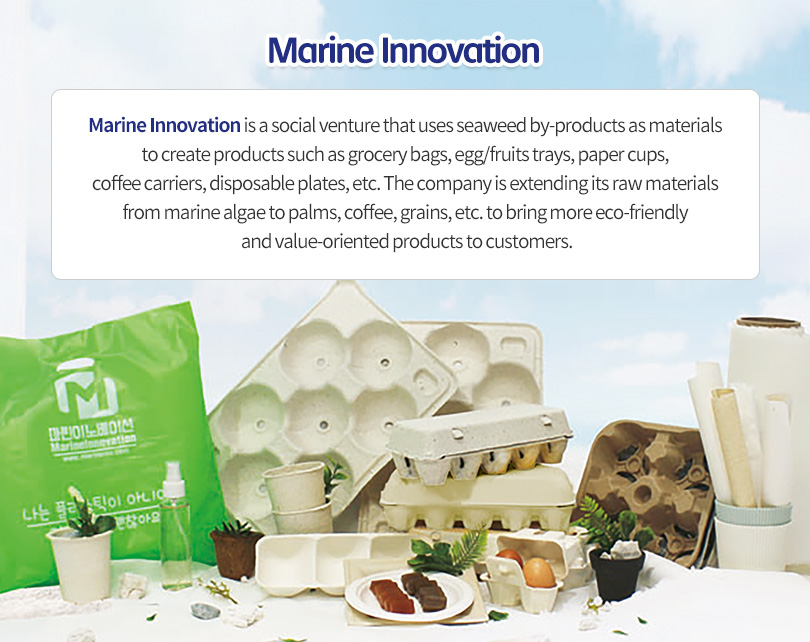
Q1. First of all, congratulations! We’ve heard that Marine Innovation has won a grant at a partnership program of Expo 2020 Dubai. Could you share with us more details about this good news?
Thank you. We are honored to be the only Korean social venture, and one of the three Asian companies that won the grant of Innovation Impact Grant Programme. This year there were about 4,000 companies applied for this program, and only 33 made it to the finalists. Among the finalists, 23 companies were given the USD 100,000 and I’m proud to say that we are among them. This is our ticket to be at the Expo in Dubai next October and show our eco-friendly products to global customers, and of course the grant will help us a lot to further our developments for new product, and expand our business.
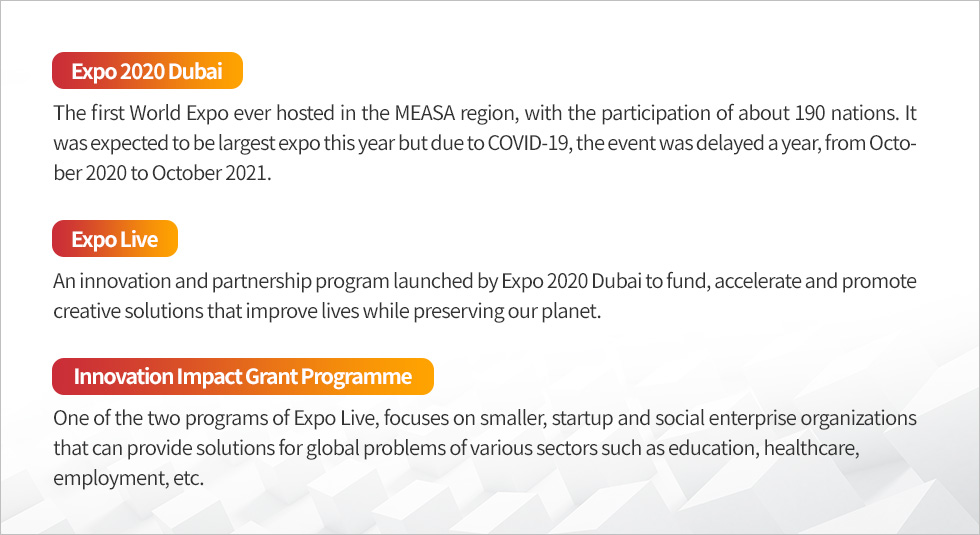
Q2.This is the first time we’ve introduced Marine Innovation on English SKinno News, so let us go back to the history of your company a bit. How did you start Marine Innovation?
When green products consumption started gaining attention in Korea, I was interested in it but on the other hand, I kept asking myself: “Why is it so hard to have an eco-friendly consumption life?” To answer this question, I talked to many experts and companies of the consumer goods industry. Then I found out that the reason is we have very few eco-friendly material that has not only good quality but also reasonable price. So I started looking for materials that have all those characteristics and research ways to produce them, make them into products that we all need in our daily life.
When I was working for a logistics company in Korea, I had a chance to visit a seaweed farm in Indonesia during a business trip. There I was able to see the local seaweeds farming and its great benefits. That trip was a significant turning point, it motivated me to begin studying how to make the best out of seaweed, an eco-friendly but inexpensive material that has so much potential to apply in our daily life. I discovered this amazing thing from the sea, that’s why I decided to name our company Marine Innovation. It took us about 10 years to complete our technologies, but we will keep striving for better solutions and more various ways to bring green materials to the world.
Our connection with SK Innovation started in May 2019, when I was invited to give a presentation about Marine Innovation at SK Innovation’s DBL(1) Lunch Week, a special event for SK Innovation members to know more about social enterprises with green technology like us. In the same month, our products were introduced at SK SOVAC(2) 2019, and we were selected as one of the four social ventures included in the SV² Impact Partnering(3) program with SK Innovation in the following month. We were also supported by SK Innovation members through a crowd funding program last year. Well, I sometimes even tell people, half-joking, that even a part of our name is the same with yours, so it is perhaps fate that we can work together.
(1) DBL: Double Bottom Line, SK’s management philosophy of pursuing both economic and social values
(2) SOVAC: Social Value Connect, hosted by the SK Group, is the largest private-led event in South Korea started in 2019 to disseminate importance of social values, attended by more than 4,000 people from business, nonprofit, and academia last year
(3) SV2 Impact Partnering: a SK Innovation’s program aimed at supporting social ventures with promising business ideas
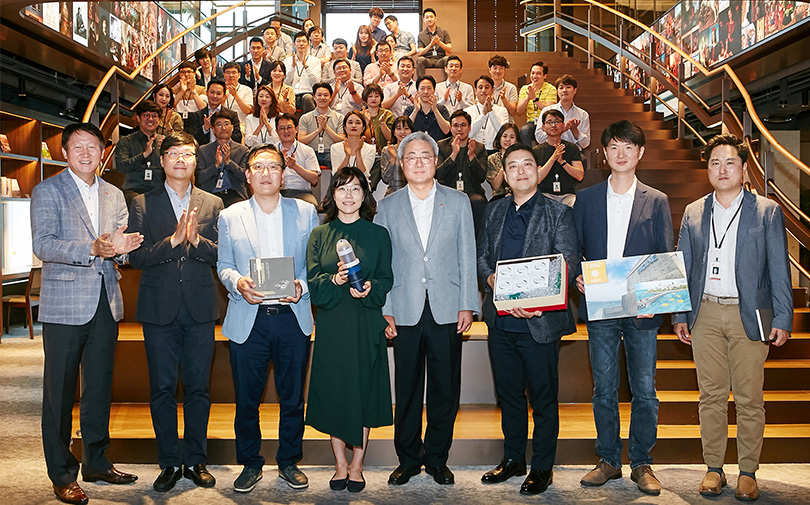
▲ Marine Innovation CEO Cha Wan-young (third from left) took pictures with SK Innovation CEO & President Kim Jun (fifth from left) and other social venture representatives at the Agreement Ceremony of SV² Impact Partnering Model in June 2019
Q3. As you mentioned, marine algae, or seaweed, is the first main material of your business. So what exactly are the good points of this material?
First, seaweeds are bio-degradable in a short time so they are less harmful than plastics. Our grocery bag made from seaweed can degrade within 90 days, dissolve in hot water (over 80℃), and more rigid than existing eco-plastic bags. Second, we don’t have to cut trees or damage the forests to gather seaweeds. Third, it takes less time and cost to make pulps/papers from seaweed. According to some studies, to produce pulps from trees normally it costs USD 600 for a ton of woods and 24 hours of processing. However, it costs only USD 300 for a ton of seaweeds and 8 hours of processing to make pulps from them. Besides, the growing speed of seaweed is about 40 times faster than most other plants live on the ground, and we can harvest seaweeds at least 5 times a year, so it’s really beneficial. Seaweeds also have great capacity of CO2 absorption and require not much chemical substance to be processed, so again, the eco-friendly points are undeniable.
Moreover, there are many ways to use seaweeds. We can extract them and use as ingredients for other foods, such as the sweet jelly Dalharoo, a product of Marine Innovation. The seaweed by-products can be reborn as packaging materials like cartons, used for egg trays or fruit trays, paper cups, etc., through our key technologies. So we can use seaweeds in various products, with reasonable price while keeping our environment safe.
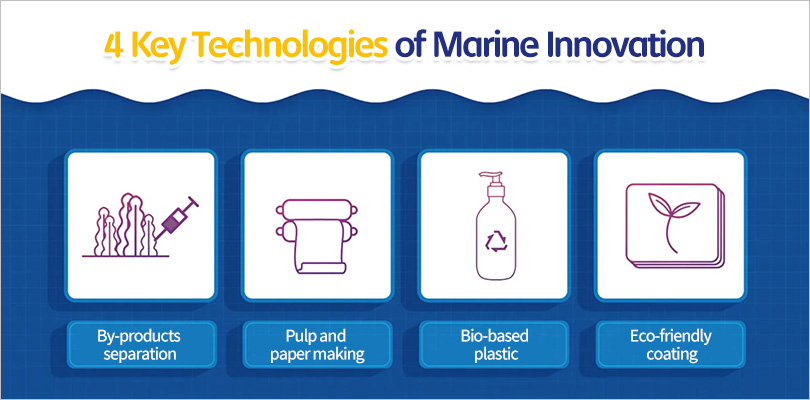
Q4. Marine Innovation has also been making efforts to grow in overseas market. Could you update some good news regarding your global activities, besides the Grant from Expo 2020 Dubai?
Ever since the early days of Marine Innovation, I’ve been aware that overseas market is very important to us if we want to keep doing, and then expanding our business. It is not only about the consumption matter, but also the sourcing side. In particular, since seaweed can grow better and faster in coastal areas where tidal waves are not too strong, warm and of shallow water like some islands in Indonesia or Vietnam, such areas are good suppliers for us to secure more materials. Recently, we’ve singed a contract with a partner at Lombok Island, Indonesia to import their seaweed by-products. We are also having plans to look for partners in Morocco and Vietnam to diversify our suppliers.
On the other hand, we are preparing for our eco-friendly grocery bags business in France, Germany, Singapore, Bahrain, etc. Another good news is Marine Innovation’s eco-friendly egg trays made from seaweed by-products have opened a way to export to Cambodia. We are targeting the Cambodian premium egg – a local niche market, through our differentiated strategy of “Eco-friendly egg trays made of seaweeds,” unlike the common ones made of wood or plastic. Under this export agreement, Marine Innovation will supply 42,000 eco-friendly egg trays to three member companies of the Cambodian Agricultural Industry Association. This export is significant because it is the first time our products will be sold and used by customers in a lower-middle income country where environmental protection awareness needs to be improved. We hope this will be a good start for us to expand exports to other countries.
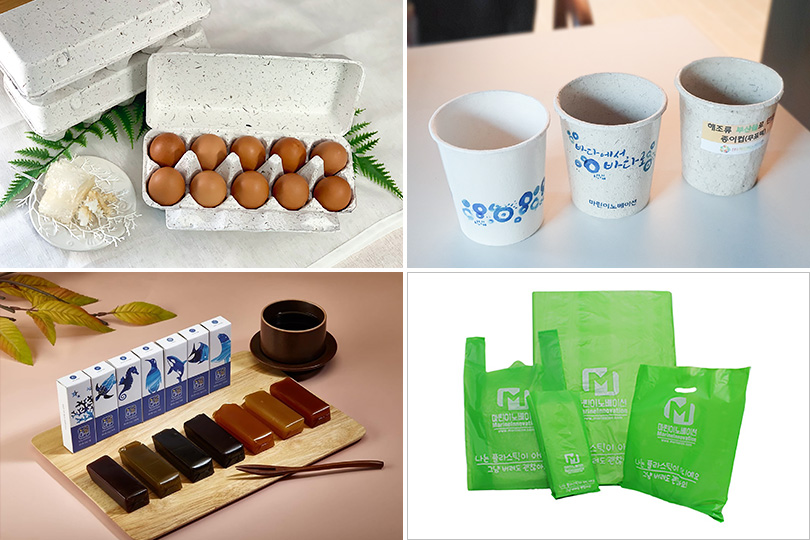
▲ Marine Innovation products: egg trays (upper left), paper cups (upper right), sweet jelly (lower left), grocery bags (lower right)
Q5. Once again, congratulations. We wish Marine Innovation will achieve more both in and out of Korea. Do you have any other message for our readers to end our interview today?
We are working hard on our researches and preparing for other green materials that have characteristics like seaweeds, such as palms, coffee grounds, grains, etc. With our sustainable and eco-friendly materials, we will keep making efforts to contribute to the future business environment. So please look forward to our future growth, and be with us to make a green world.










 Youtube
Youtube Facebook
Facebook Instagram
Instagram Linkedin
Linkedin








